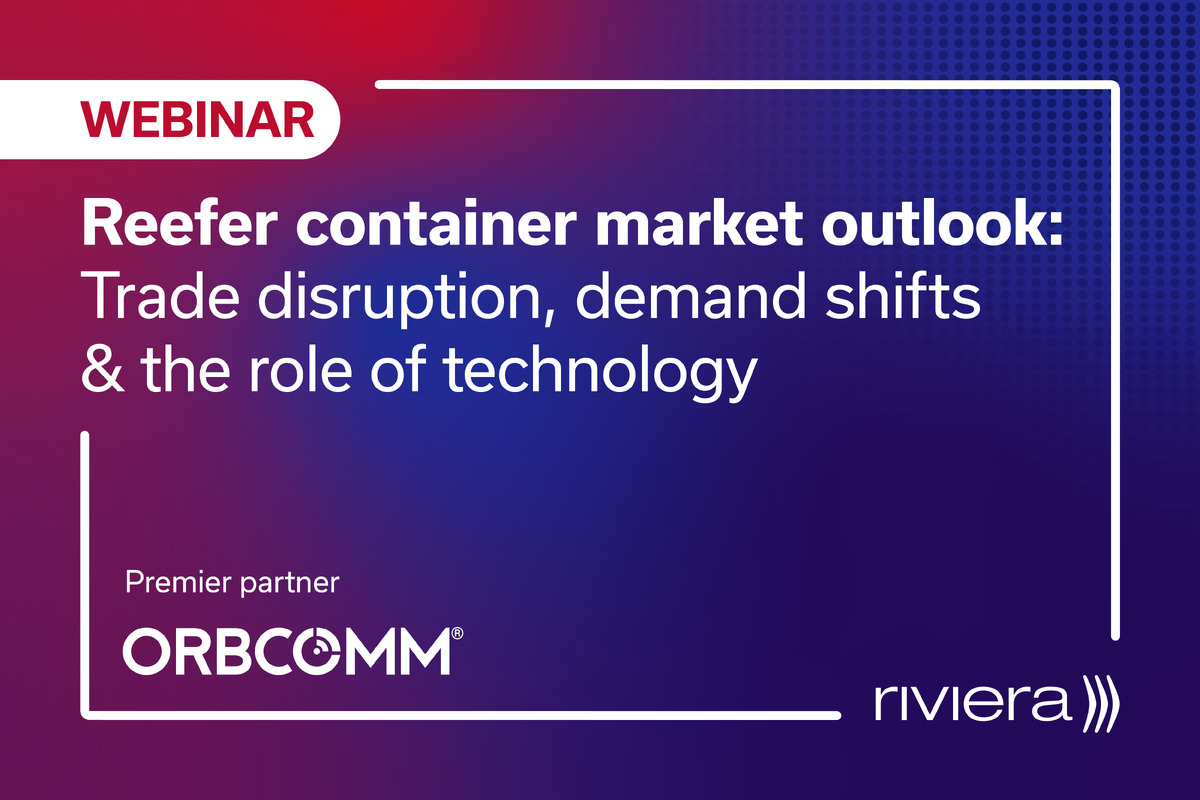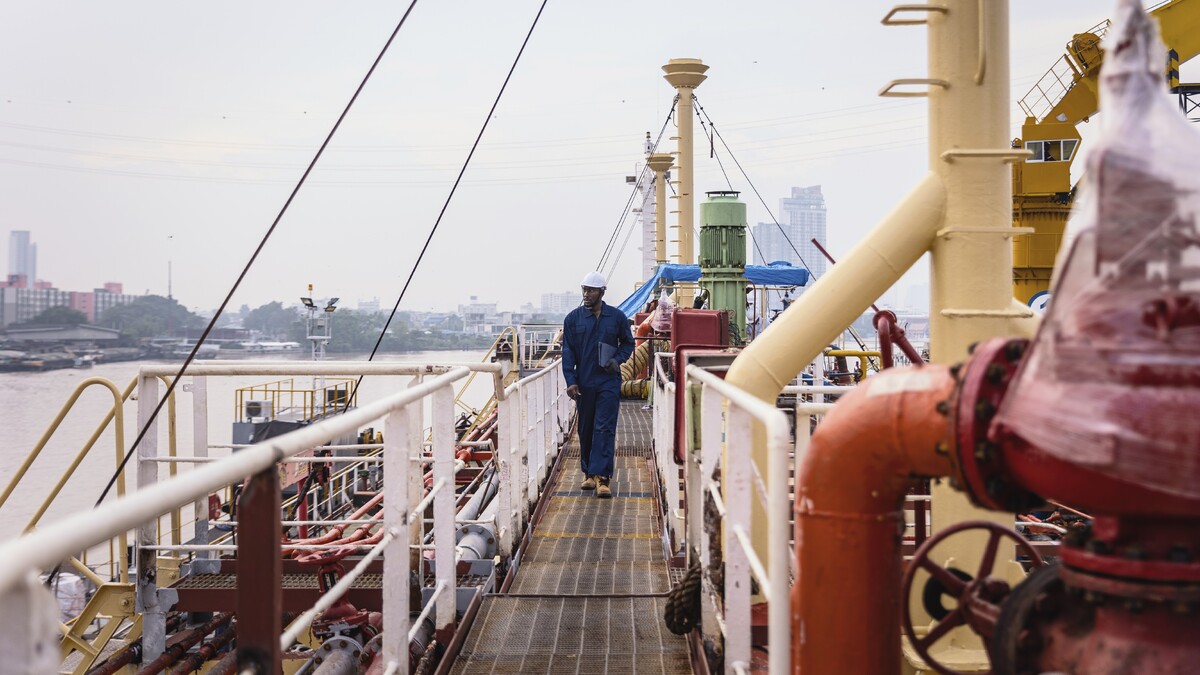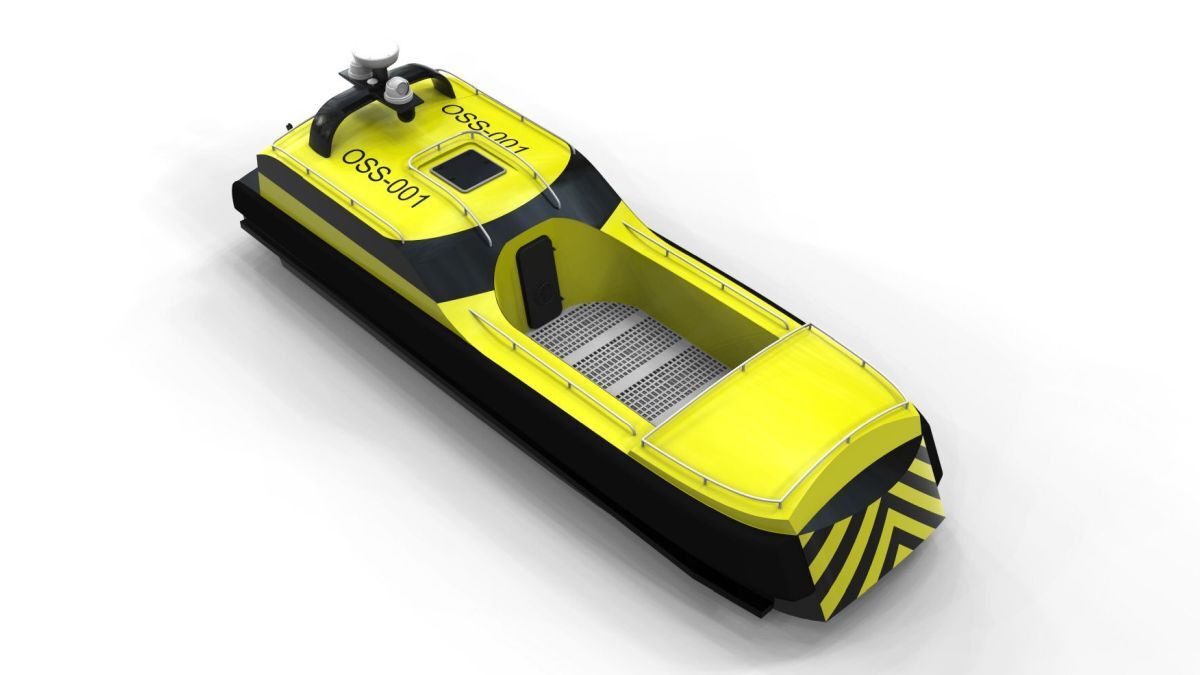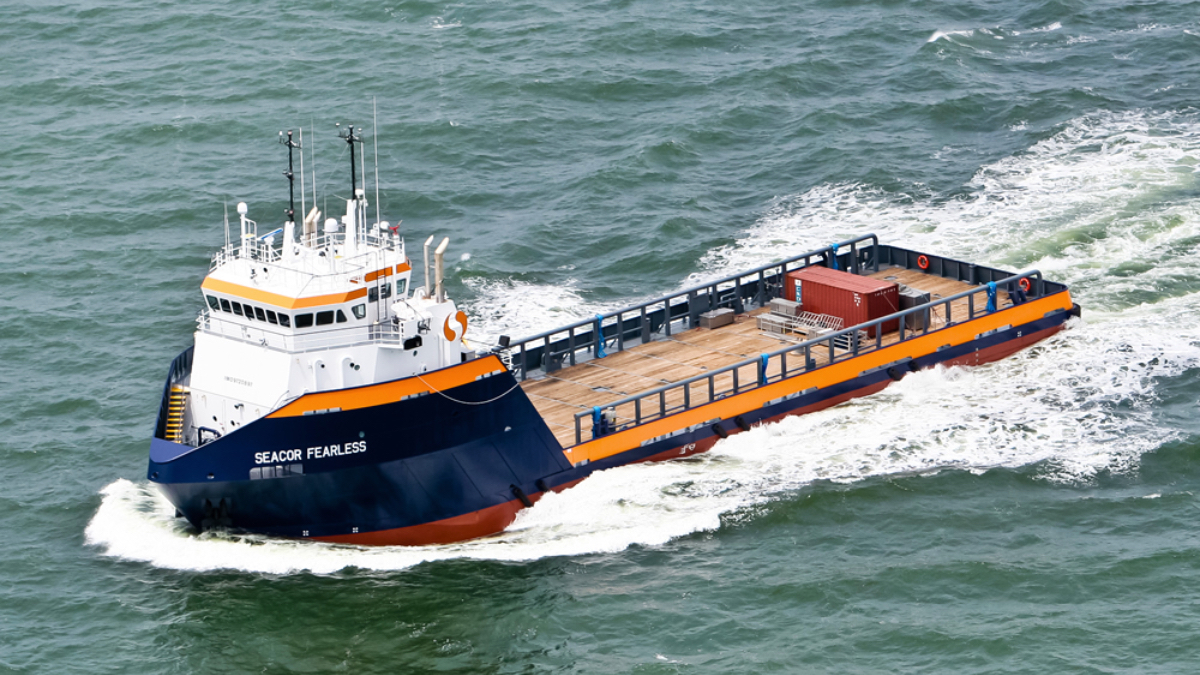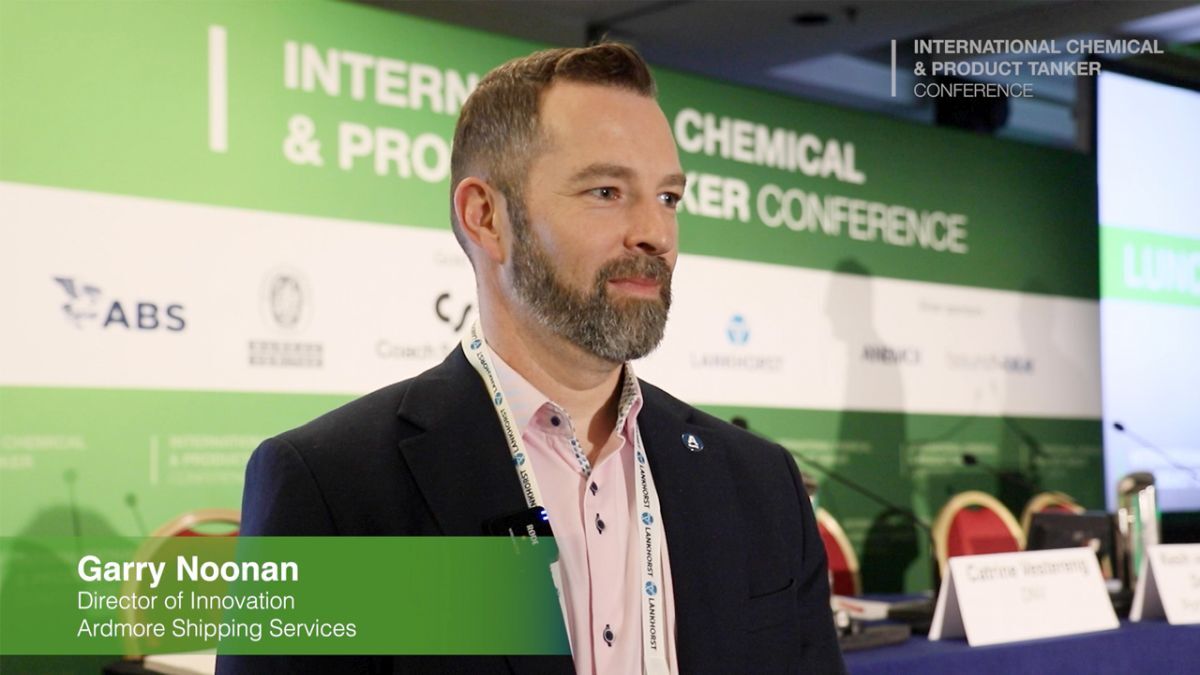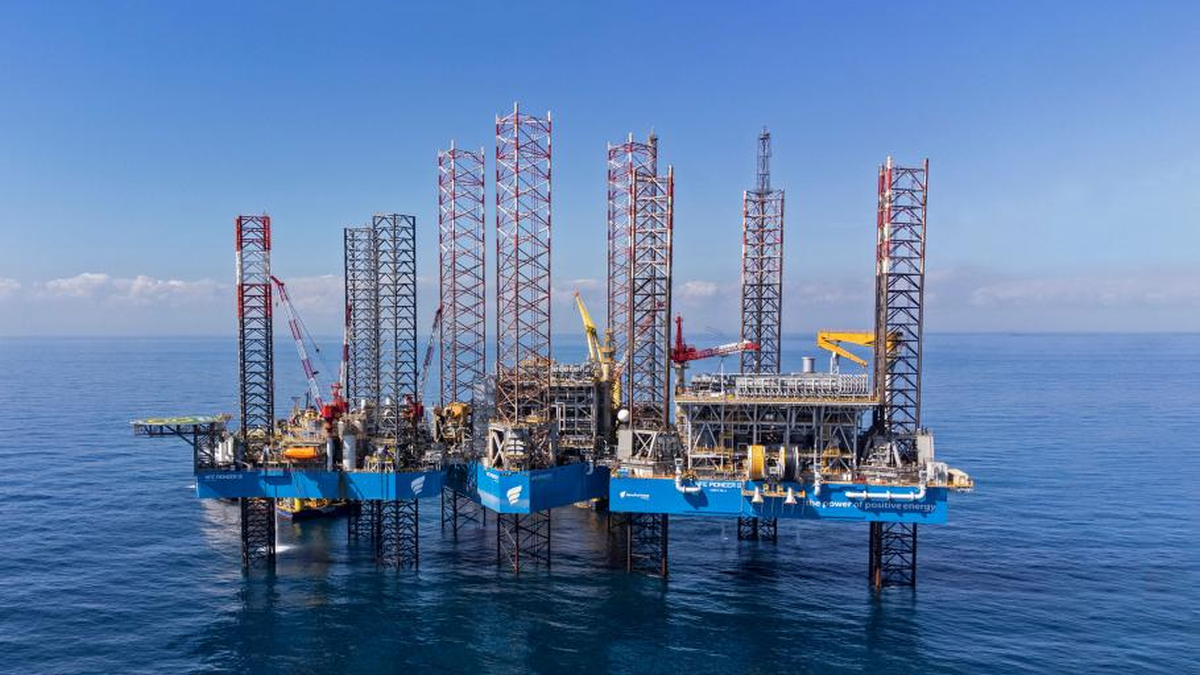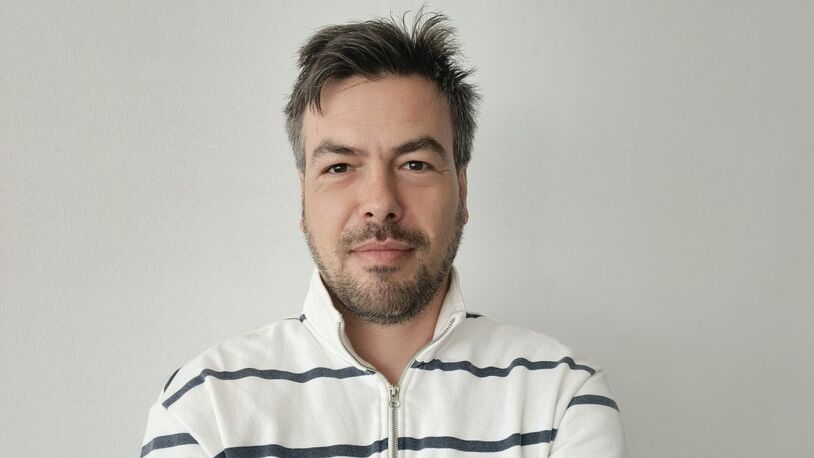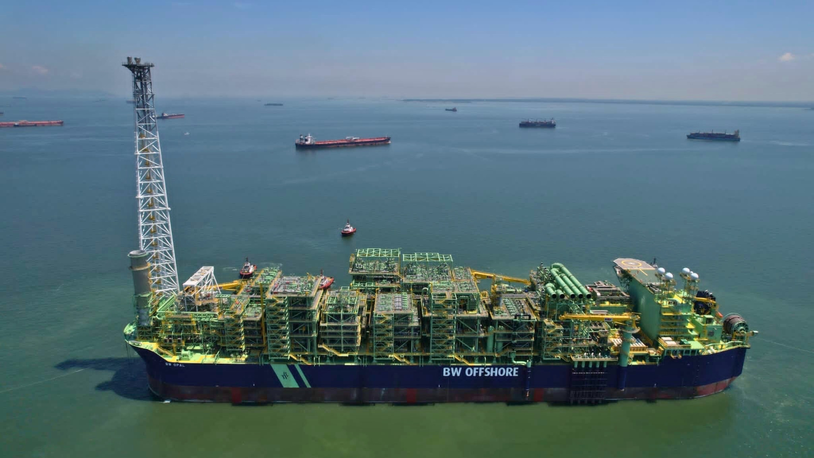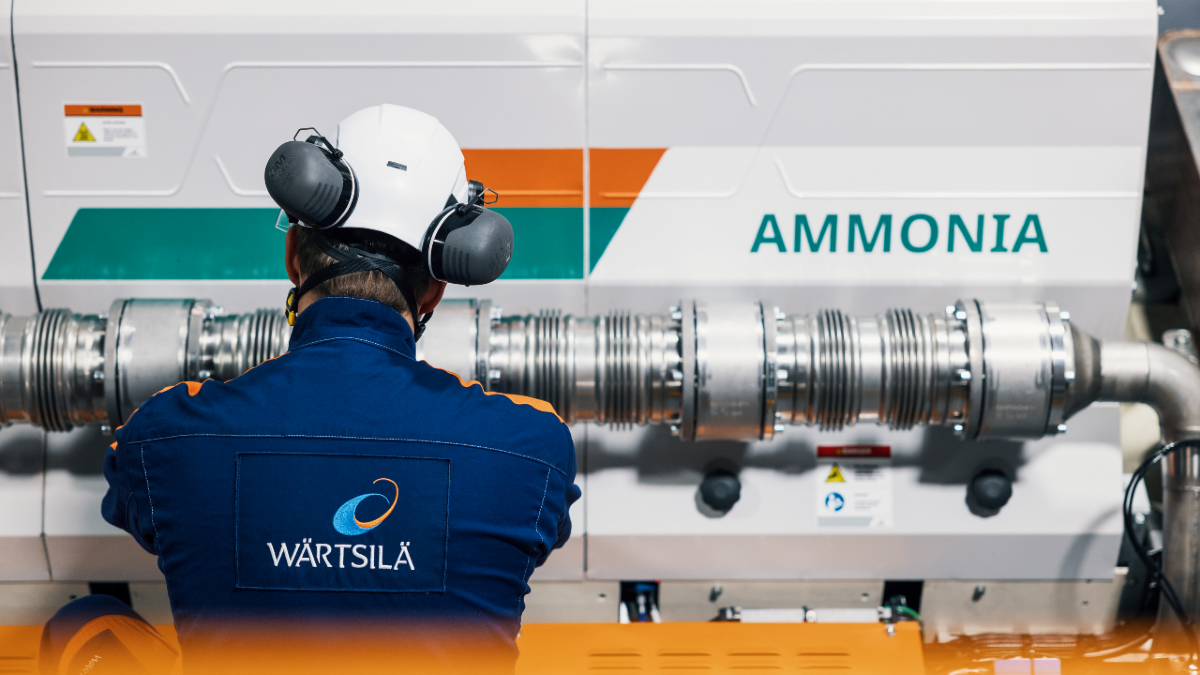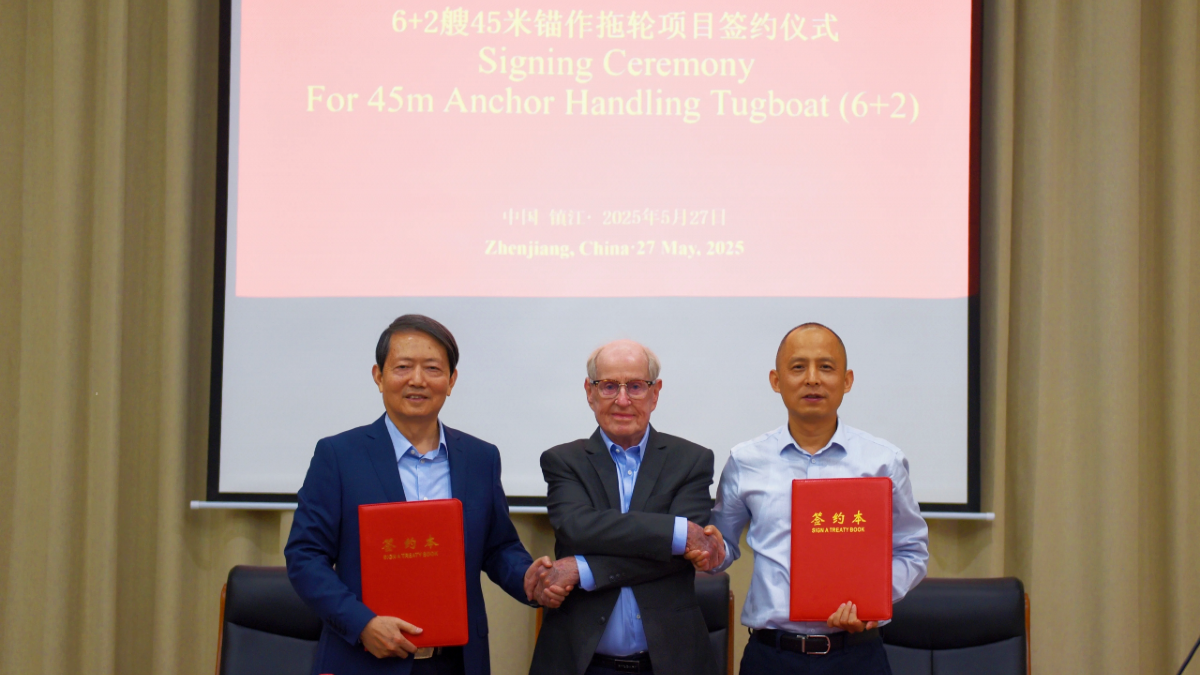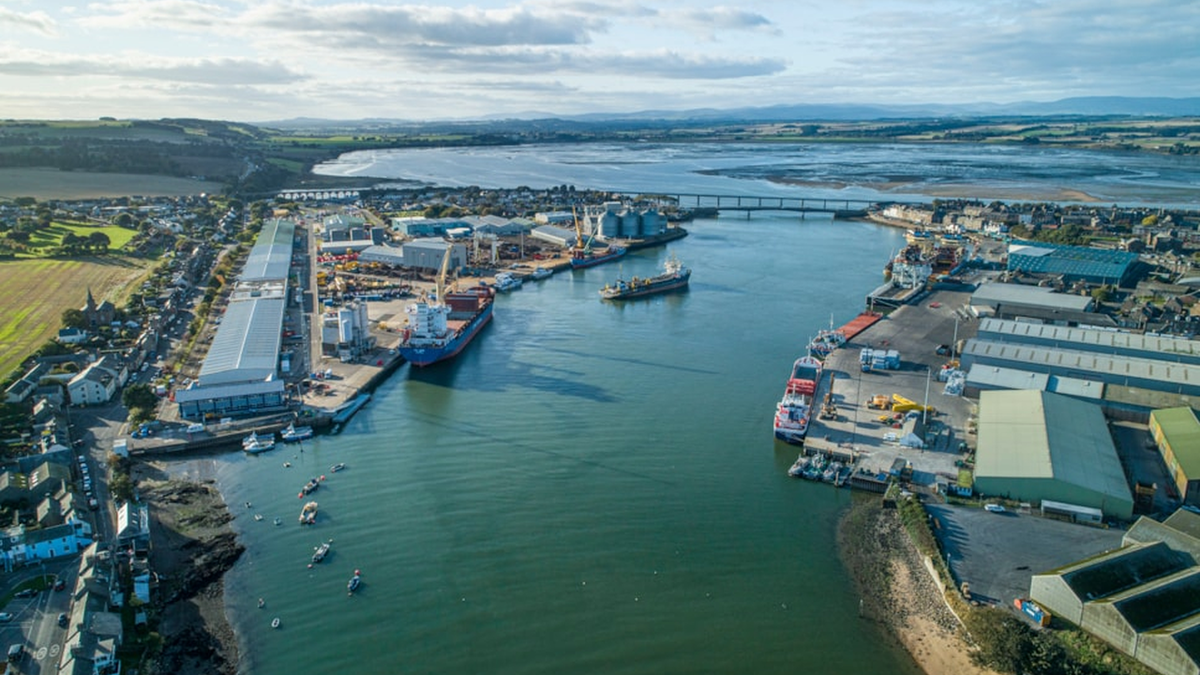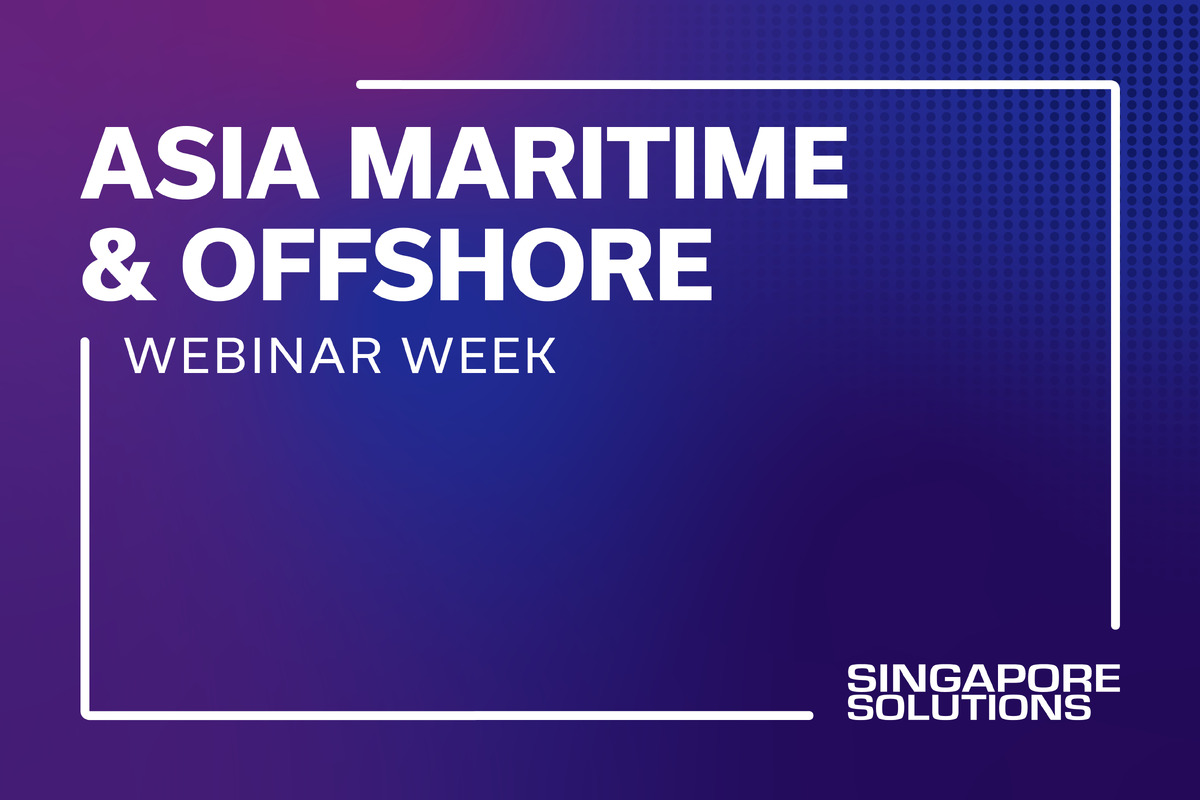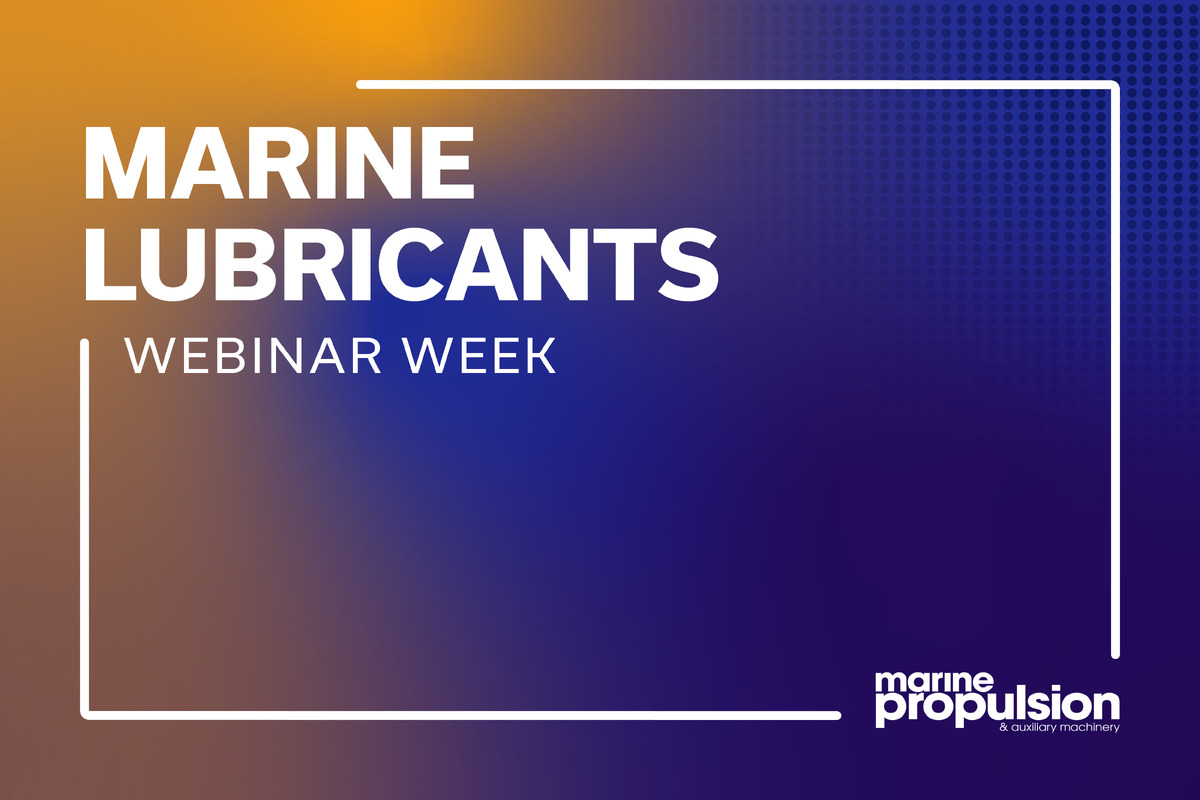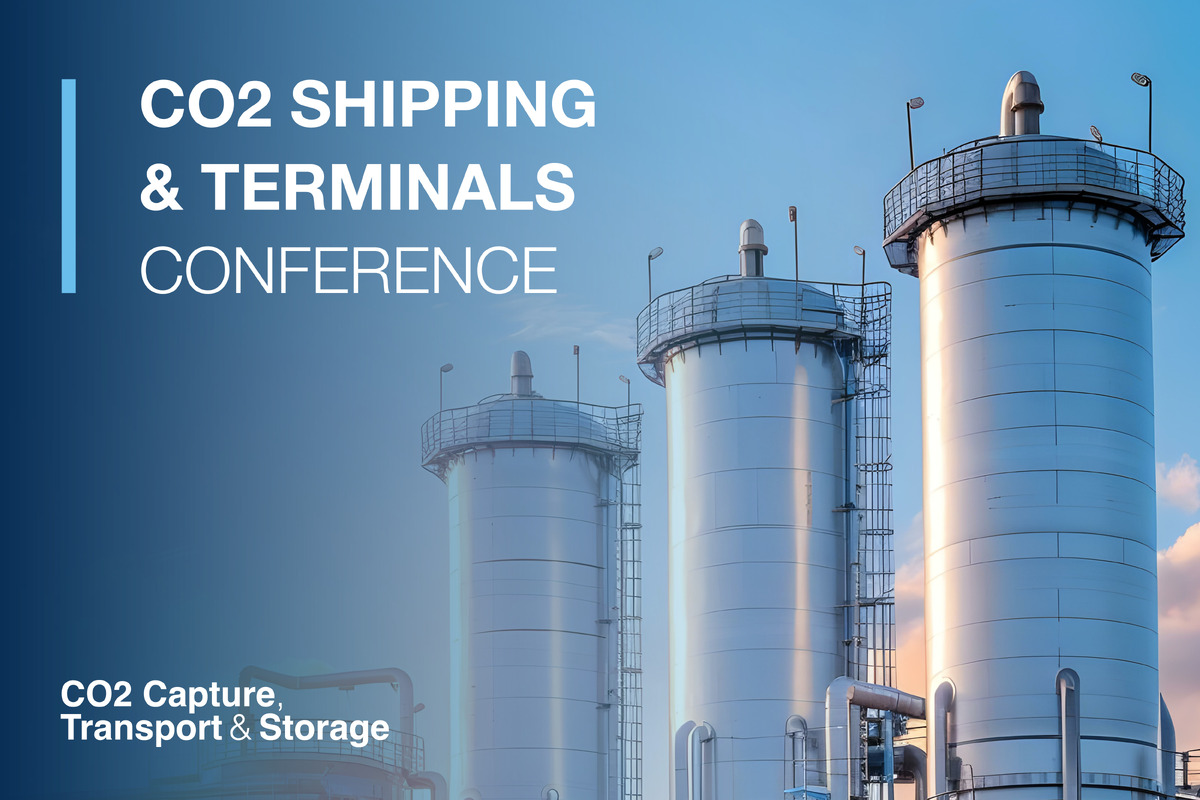Business Sectors
Contents
Register to read more articles.
Remote-control rescue vessel interests trio of leading developers
Deployed on a substation, the tower of a wind turbine or service operation vessel, Zelim’s rescue craft can quickly recover a casualty and transport them to safety
Offshore wind workers in the UK could soon benefit from the protection provided by a remotely operated search and rescue service, thanks to a pioneering project backed by £3.00M (US$4.15M) of UK Government support.
The project is one of 38 projects which will receive funding to accelerate robotics and artificial intelligence (AI) technology as part of a drive to ‘build back better’ from the coronavirus pandemic.
Zelim (formerly Offshore Survival Systems) in Edinburgh is being backed to develop a first-of-its-kind search and rescue service which will use a network of remote-controlled rescue vessels to save lives at sea.
Founded by director Sam Mayall, who has a background in the offshore industry, including standby safety vessels of the type used in the offshore oil and gas industry, Zelim’s remote-controlled rescue concept has been well received by a trio of leading offshore wind developers and is applicable to a wide range of uses offshore.
Mr Mayall says he prefers not to disclose which developers the company has presented the system to so far but confirmed it has captured their imagination and that of several industry bodies, with whom it is now working. The concept has also been well received by Offshore Wind Growth Partnership, which recently awarded £1.3M in funding to a total of 12 companies, including Zelim.
The Zelim concept is based on using a remote-controlled, freefall rescue vessel that would be deployed from a substation, the transition piece on a wind turbine or launched from a service operation vessel (SOV).
Once tasked to be launched and in the water, it would transit to the recovery location and use a sensor package based on off-the-shelf technology to locate a person or people in the water. The concept has been assessed by engineering consultancy Atkins and Apollo Offshore Engineering and Zelim is working in partnership with Ocean Infinity, itself a well-known player in the uncrewed vessel space, which is providing remote-control capability.
The remote-controlled rescue vessel is 11.5 m in length and capable of a maximum speed of 35 knots and of 26 knots in sea state 6. A smaller 8-m remotely operated rescue vessel is being developed to be launched from an SOV much like a standard fast rescue craft or daughter craft, which can provide emergency response cover during construction, O&M campaigns and decommissioning. All are being designed by leading British naval architect Andy Page, who is well-known as the founder of Chartwell Marine and for that company’s crew transfer vessel designs.
Once a casualty has been located, the remote-controlled unit uses a specially designed conveyor-recovery system to bring them on board the vessel, over the vessel bow. A second conveyor moves the casualty into the vessel, and into the survival area, where they have access to remote telemedicine and first aid equipment. Once a casualty has been recovered and provided with treatment, the remote-controlled vessel would transport them to rendezvous with a search and rescue helicopter, other vessel or bring them ashore, depending on the location of the windfarm and on conditions.
In recent months, the company has completed resistance, propulsion, manoeuvring, directional and dynamic stability trials at QinetiQ’s Haslar Ocean Basin. In 2020, Zelim completed freefall vessel testing at Haslar and completed what it claims is the first unmanned casualty recovery in open water. It was awarded UK Government Innovate UK Sustainable Innovation funding in 2020.
Mr Mayall says the next steps in developing the remote-control rescue vessel include constructing a first vessel for sea trials in 2022 and further development on the casualty detection system. Customer demonstrations could take place in late 2022, Mr Mayall anticipates, and could take the form of shore-side demos from the Offshore Renewable Energy Catapult’s facilities in the northeast of England. He hopes freefall trials will take place towards the end of 2022.
Related to this Story
Events
Reefer container market outlook: Trade disruption, demand shifts & the role of technology
Asia Maritime & Offshore Webinar Week 2025
Marine Lubricants Webinar Week 2025
CO2 Shipping & Terminals Conference 2025
© 2024 Riviera Maritime Media Ltd.
